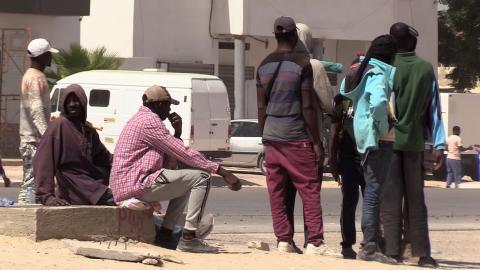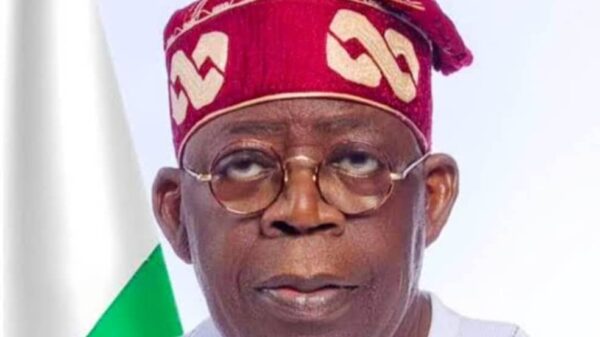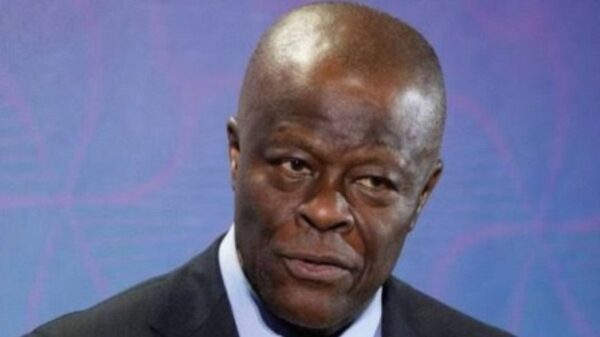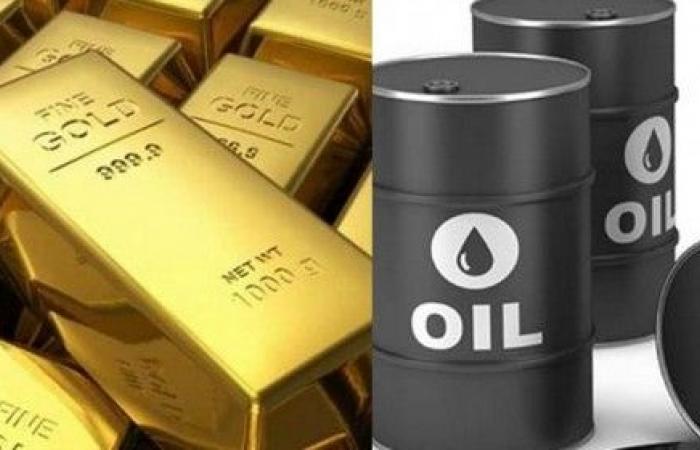Adnan Adams Mohammed
Government’s touted ‘game changer’ policy, Gold for Oil, intended to stem the exchange rate escalation has been receiving criticism from the energy industry experts as to the viability of the policy.
The policy, as indicated by government is already receiving attention from global fuel traders and expecting its first consignment in second week of this month, January 2023.
But the former National Petroleum Authority boss has described the deal as a ‘zero sum game’.
The energy and finance analyst justified his comment that, from the way Bank of Ghana is redirecting the gold flows from the Small Scale Mining Companies into the banking sector directly, he do not see exports increasing nor imports decreasing and this will add up nothing to the current fuel trade pattern and its effect on the forex reserves.
“Unless we put some sort of policy to curb under-used imports or increase taxes on non-essential imports”, Alex Mould, who is also a former GNPC Boss and Executive Director with Standard Chartered Bank suggested in an interview last week.
He explained the ‘zero sum game’ description of the policy as that; “The trader who import products into the market and the main ones who buy gold from the Small Scale Mining Companies (SSMC) (that is, Melcoms and Palaces etc) were using the Cedis obtained from their local sales to buy Gold directly or indirectly and exporting it and obtaining the forex directly and not through the banking system. So the gold exports were going to these traders directly or indirectly and not in the hands of BoG or the Commercial banks.
So, now that Bank of Ghana is redirecting the gold flows from the small scale mining companies into the banking sector directly through bank of Ghana.
“The way I see it it’s a Zero-sum game because i do not see the exports going to increase nor do I see imports decreasing unless we put some sort of policy to curb underused imports or increase taxes on non-essential imports.”
“What we have told BoG to do was to allocate some foreign exchange from our exports of gold, timber and oil which passes through Bank of Ghana and some of the commercial banks directly to the essential imports of the country, which include petroleum products building materials for industries and medical equipment and consumables as well as education consumables.
“BoG never did that fully, although some partially done in the 2010-2016 era.
The government had been working on the new policy to buy oil products with gold rather than US dollar reserves for the past few weeks. The move, announced earlier by Dr Bawumia, was meant to tackle dwindling foreign currency reserves coupled with demand for dollars by oil importers, which is weakening the local cedi and increasing living costs.
Ghana’s Gross International Reserves stood at around US$6.6bn at the end of September 2022, equating to less than three months of imports cover. That is down from around US$9.7bn at the end of last year, according to BoG.
If implemented as planned for the first quarter of 2023, the new policy “will fundamentally change our balance of payments and significantly reduce the persistent depreciation of our currency”, Dr Bawumia said a few weeks ago.
Using gold would prevent the exchange rate from directly impacting on fuel or utility prices as domestic sellers would no longer need foreign exchange to import oil products, he explained.
“The barter of gold for oil represents a major structural change,” he added.
While countries sometimes trade oil for other goods or commodities, such deals typically involve an oil-producing nation receiving non-oil goods rather than the opposite. Ghana produces crude oil, but it has relied on imports for refined oil products since its only refinery was shut down after an explosion in 2017.
Meanwhile, the Executive Director of African Center for Energy Policy (ACEP) is worried that, the policy might hand over control of gold and oil to politicians.
“The structure presented as gold-for-oil only seeks to hand control of the gold and oil value chain to politicians. No other value can be deduced. It is obvious that if cheap oil comes to Ghana, other unknown factors will be responsible and not gold”, Benjamin Boakye indicated in a statement issued last week. “The government has still not been forthright about the cost of the structure to justify its competitiveness to the current private sector-led approach.”
Mr Boakye also said the government agencies involved in the policy, the Bulk Oil Storage and Transportation (BOST), Tema Oil Refinery (TOR) and the Precious Minerals Marketing Company (PMMC), are historically poor performers in oil and gold-trading.
In his view, “interventions of this magnitude should not leave people in doubt in the interest of good governance and assurance of the international community which has shown significant interest in Ghana’s gold for oil programme.”
“The government also needs to be cautious and guided by the challenging context of state agencies in the oil and gold business because when these agencies make losses, it is the public that pays, and the energy sector is already inundated with debts because of similar trading abuses. There are no guarantees in the current structure that insulates the public from debt.”




























